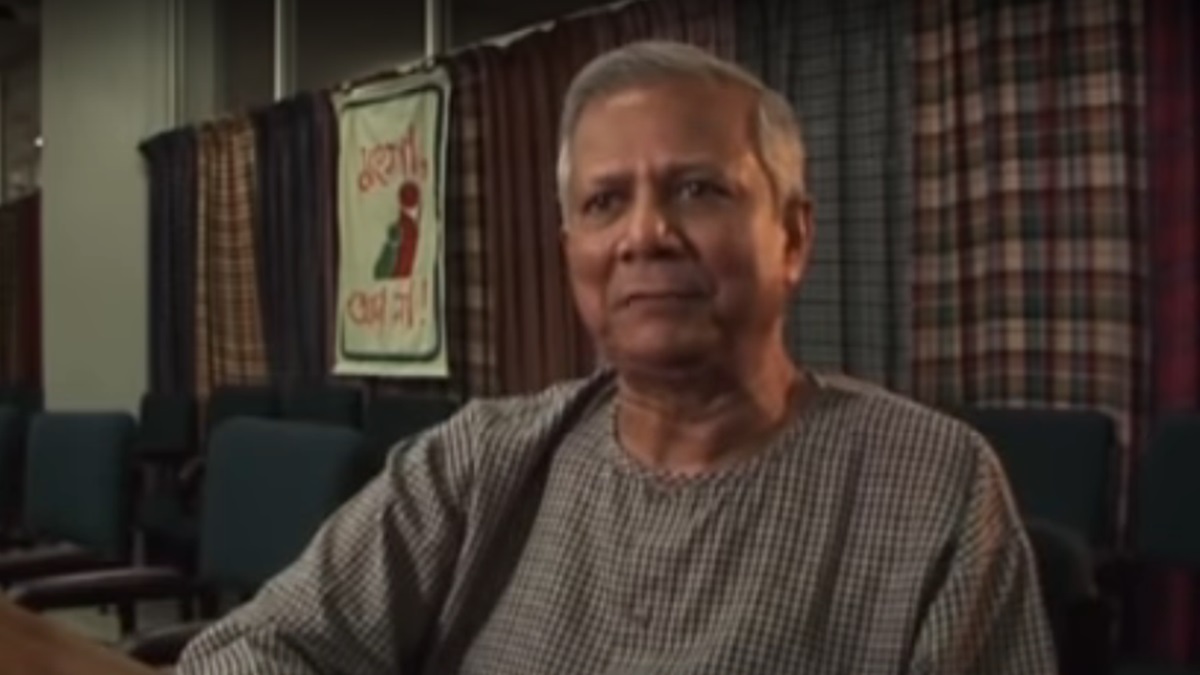At 84, destiny catapulted Muhammad Yunus to the role of Caretaker Leader of Bangladesh on August 5. The country was in chaos, with law enforcement retreating to their sanctuaries, much like Prime Minister Sheikh Hasina, who fled to safety in neighbouring India. Students — a euphemism for lumpen elements — took control of the streets, with some looting every movable item from the prime minister’s official residence. Many had written off the country as a lost cause. While the mob primarily targeted Awami League leaders, who had ruled the country for 15 years, minorities such as Hindus, Christians, and Buddhists also faced their wrath. Churches were demolished, and Hindu temples and Buddhist shrines were not spared from sacrilege and vandalism either. The situation raised concerns not only in India but even from U.S. President-elect Donald Trump, who condemned the “barbaric violence” in Bangladesh.
In the last four months, Yunus, as Chief Advisor, has succeeded in restoring a degree of normalcy. Garment exports, the backbone of the economy, are steadily returning to pre-August levels. Despite the propaganda, law and order have also improved, though Yunus has yet to address the concerns of minority communities. He faces pressure to dismiss the president, ban the Awami League, and bring Sheikh Hasina back to Dhaka to stand trial. However, Yunus must remember that his government is interim, not a substitute for a democratic one. Upon taking power, he set up 10 commissions to review various sectors of the economy and propose reforms to end corruption and prevent political violence, aiming to usher in a “new Bangladesh.”
However, Yunus has not specified when these commissions will complete their tasks, nor when he will implement the promised reforms to transform the country. While these are lofty goals, they cannot remain open-ended. A deadline must be set for holding elections, as emphasised by the recent rally organised by the Bangladesh Nationalist Party (BNP) in Dhaka. In an interview with a Japanese media outlet, Yunus stated that elections would only follow structural reforms to the judiciary, electoral process, and law and order. But the question remains: can this review process continue indefinitely? Yunus must set a clear timeline for completing the constitutional overhaul, ensuring an elected government—accountable to the people—takes office. He would do well to remember that the previous caretaker government of 2007-2008 quickly lost public support.
